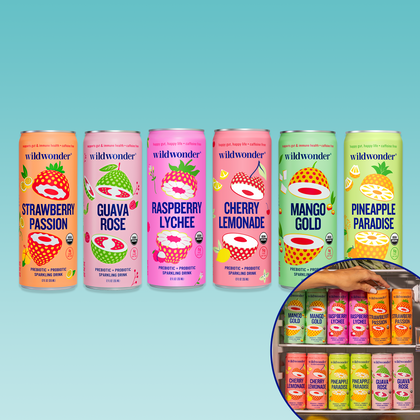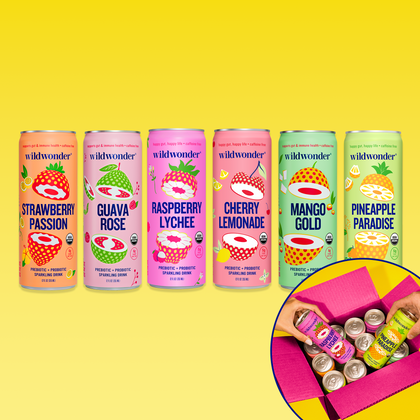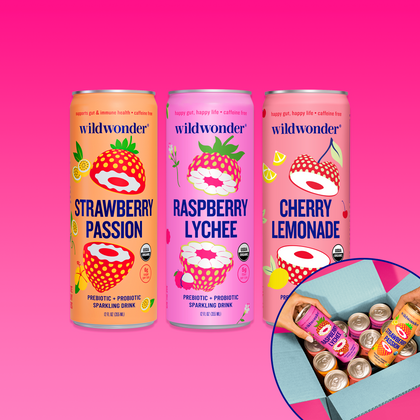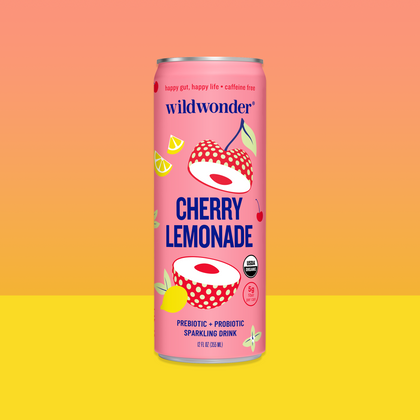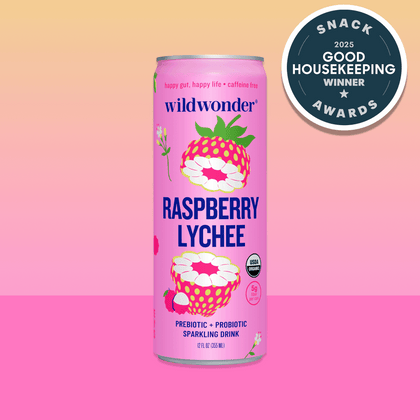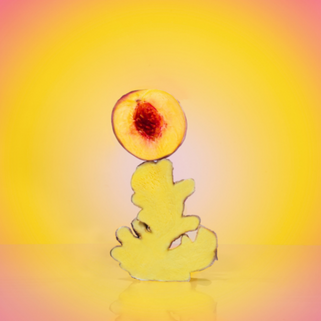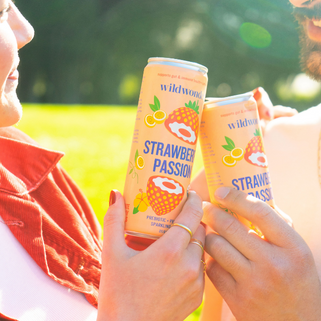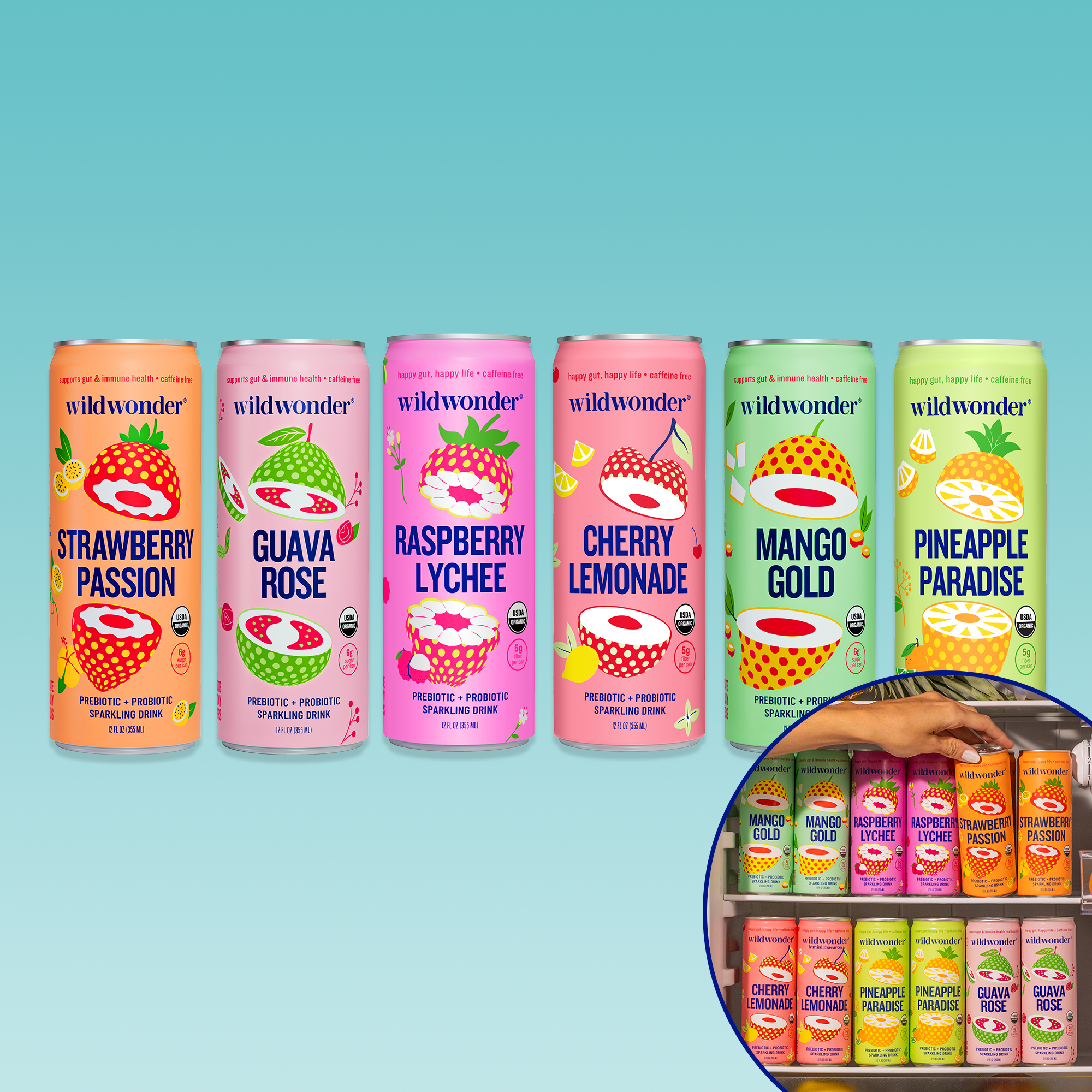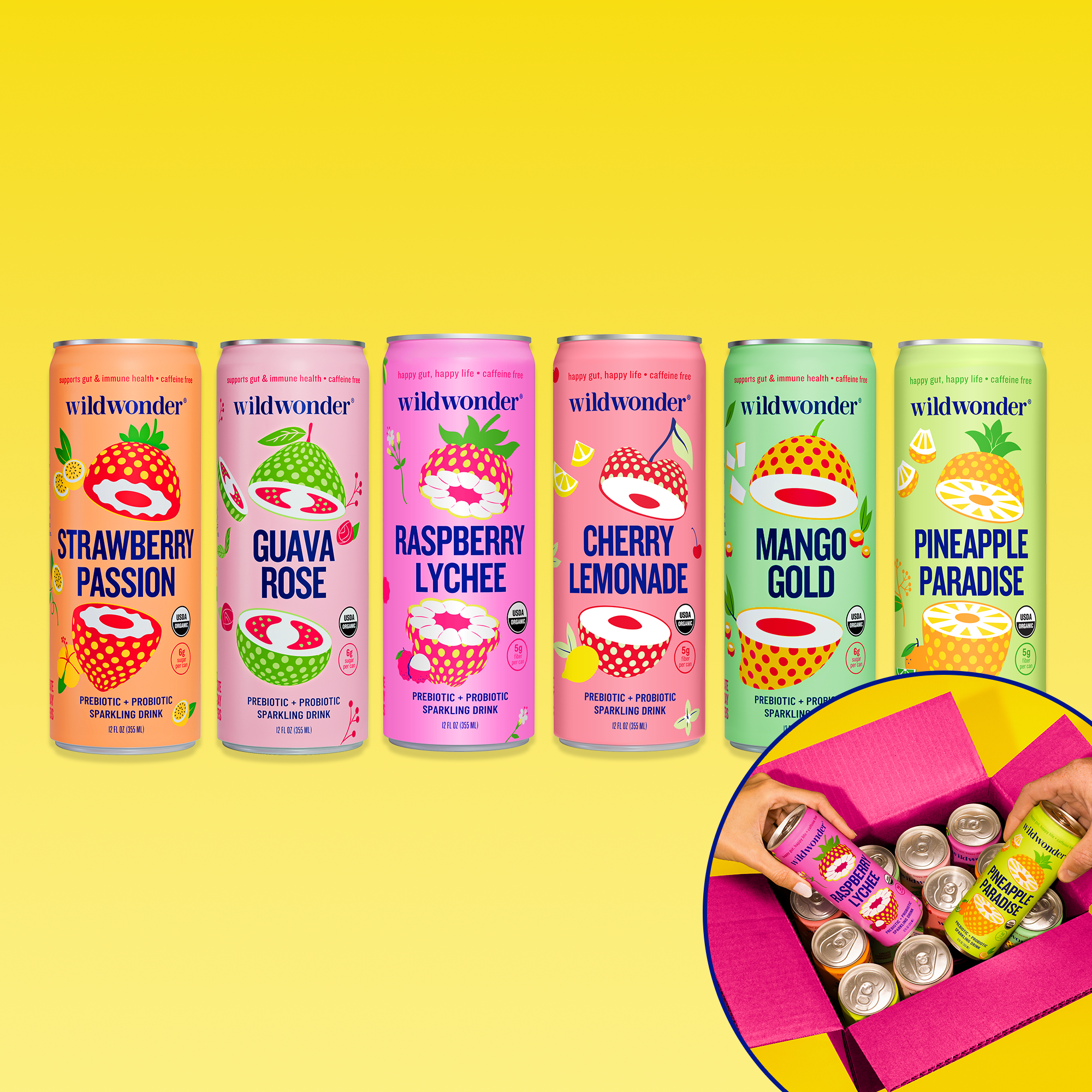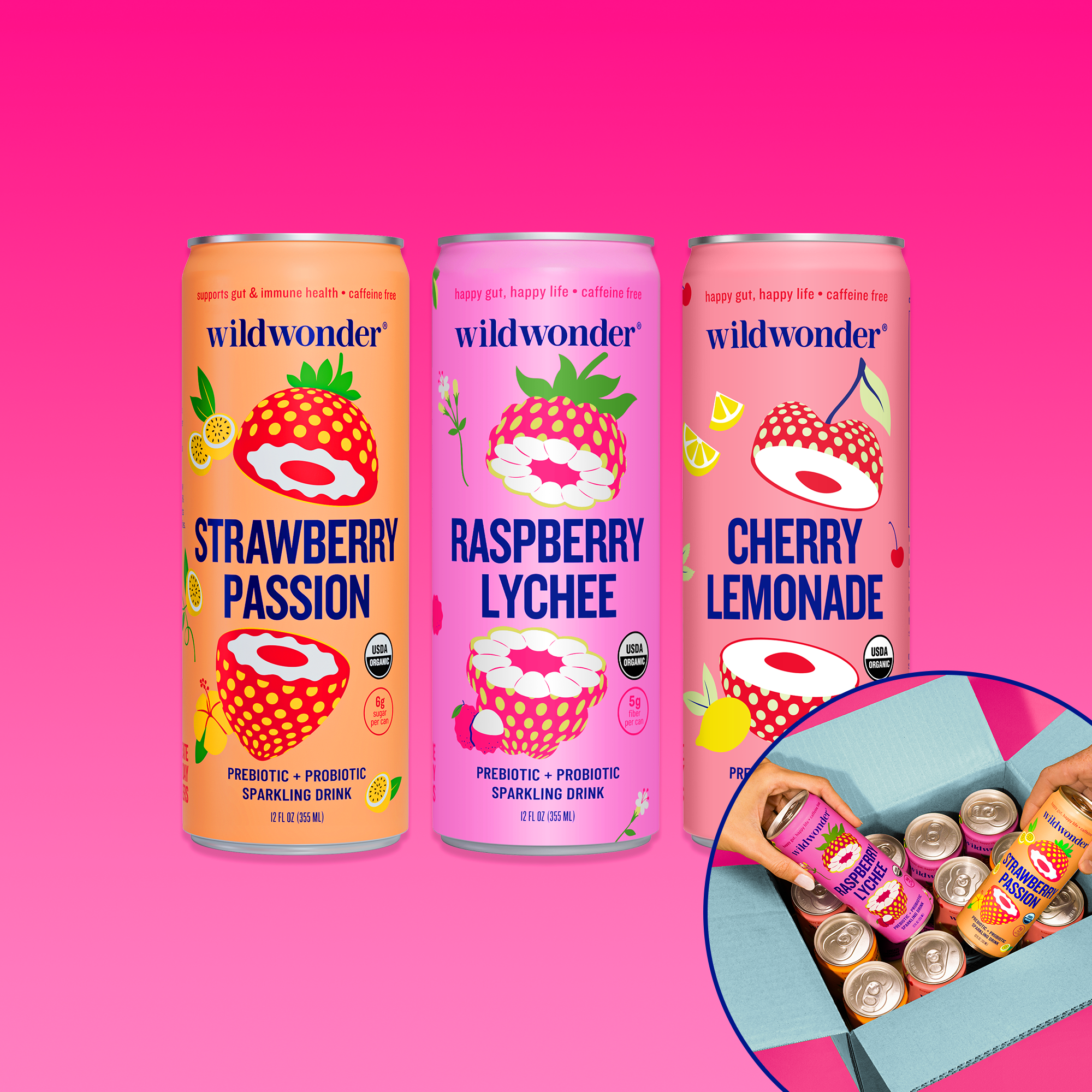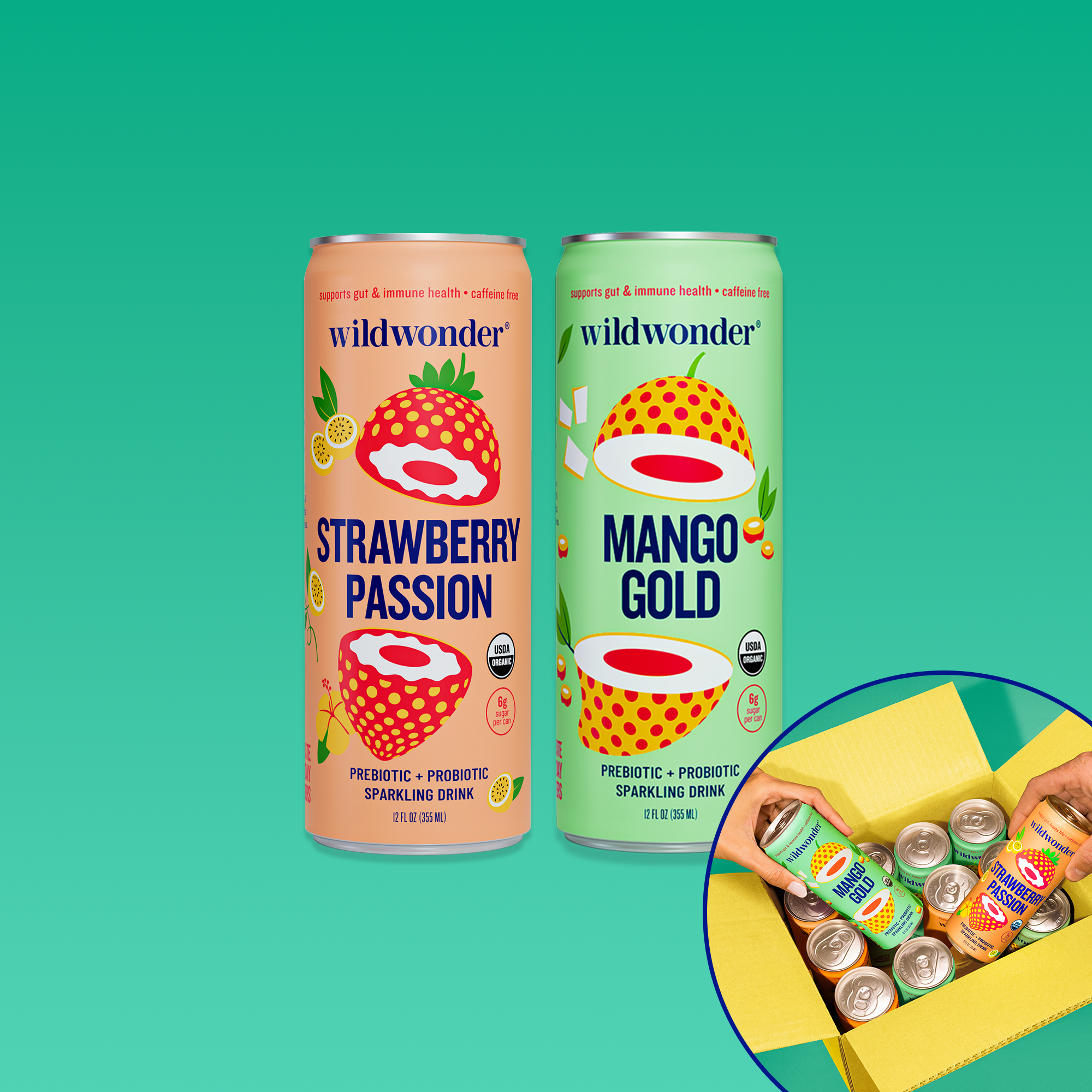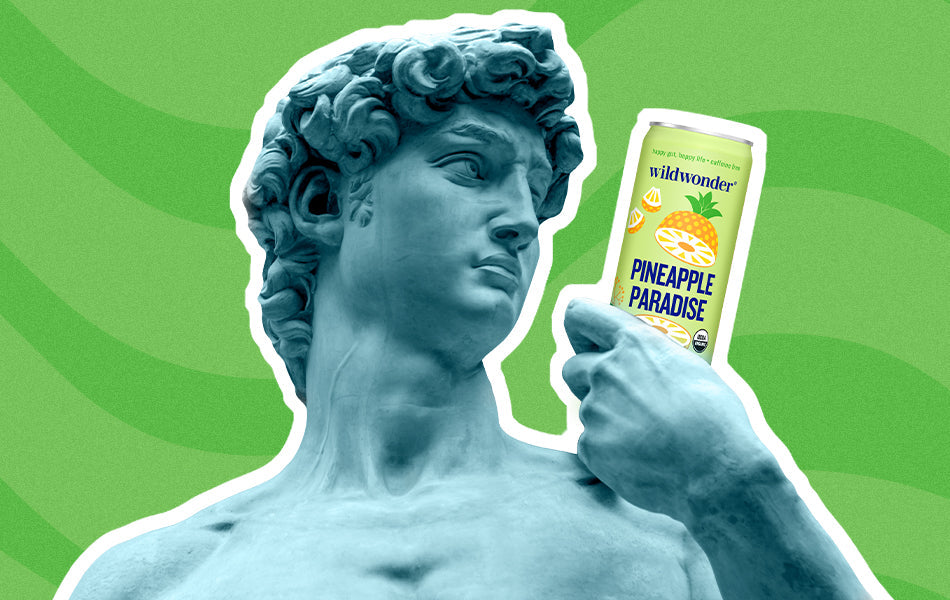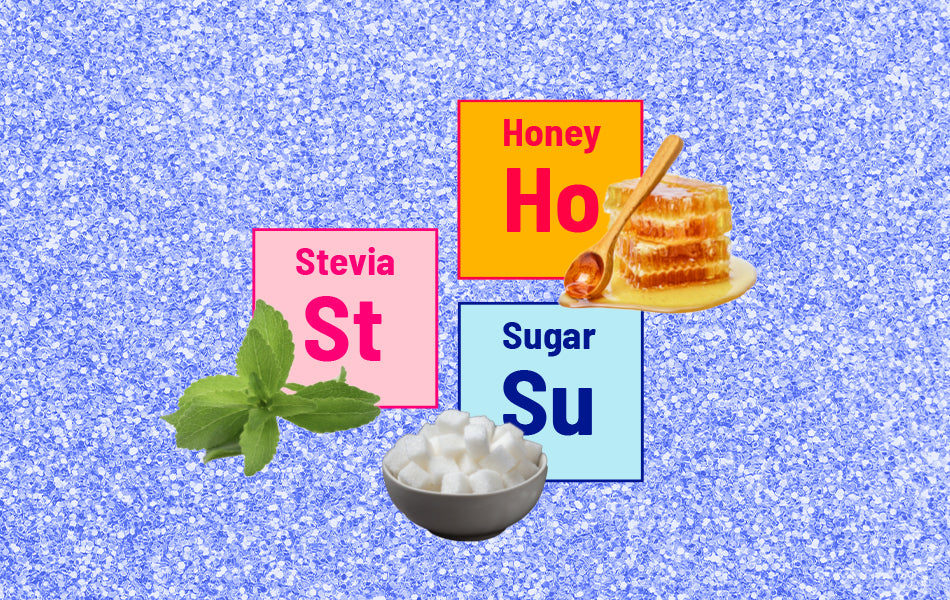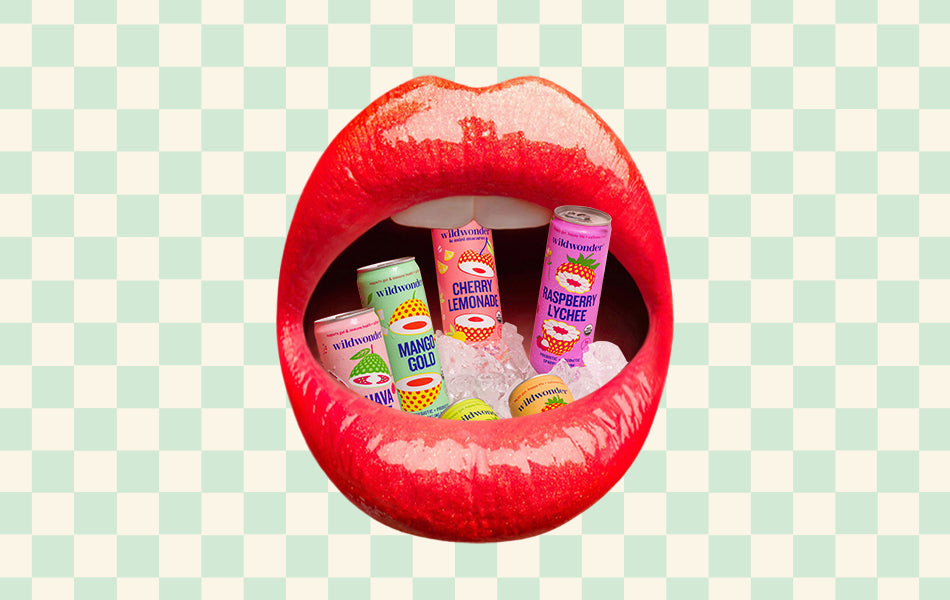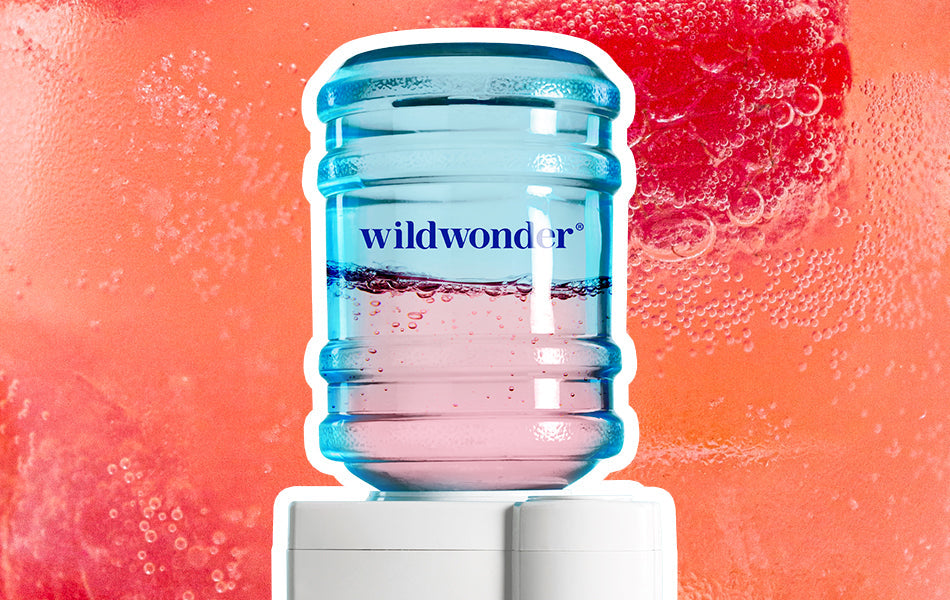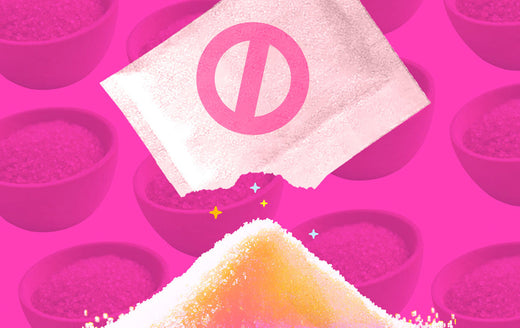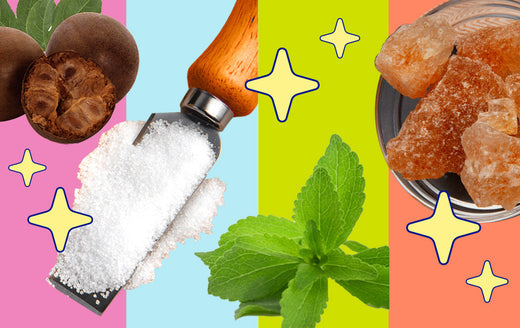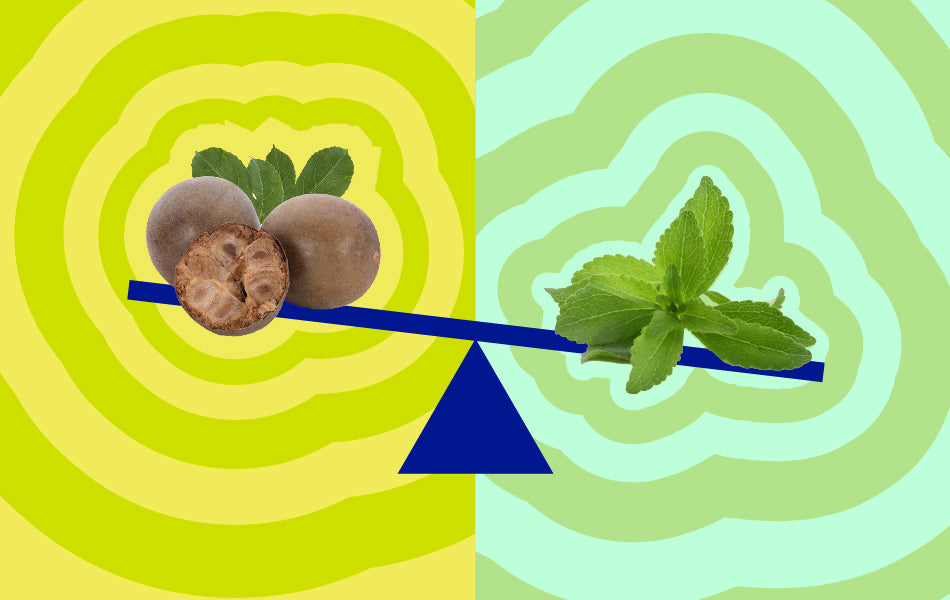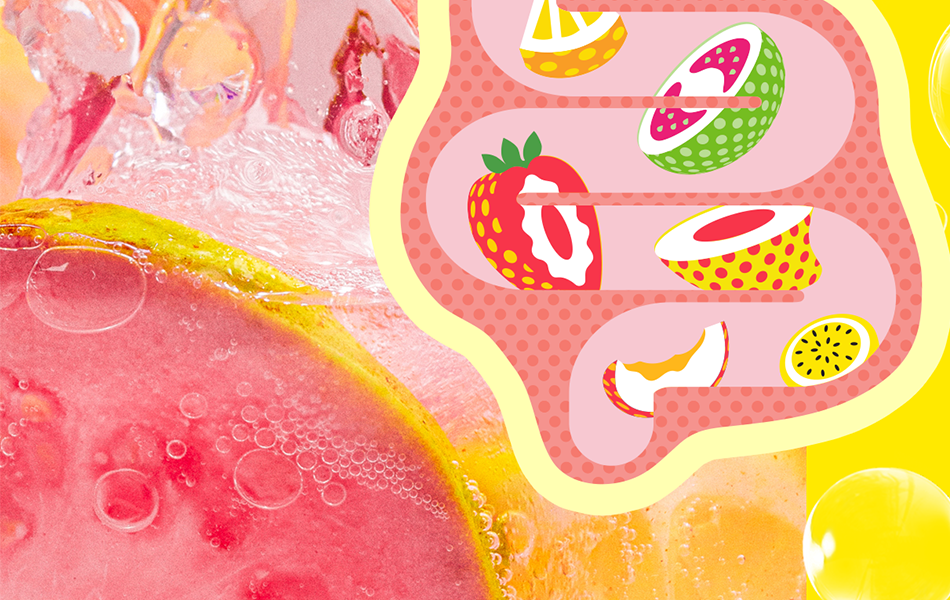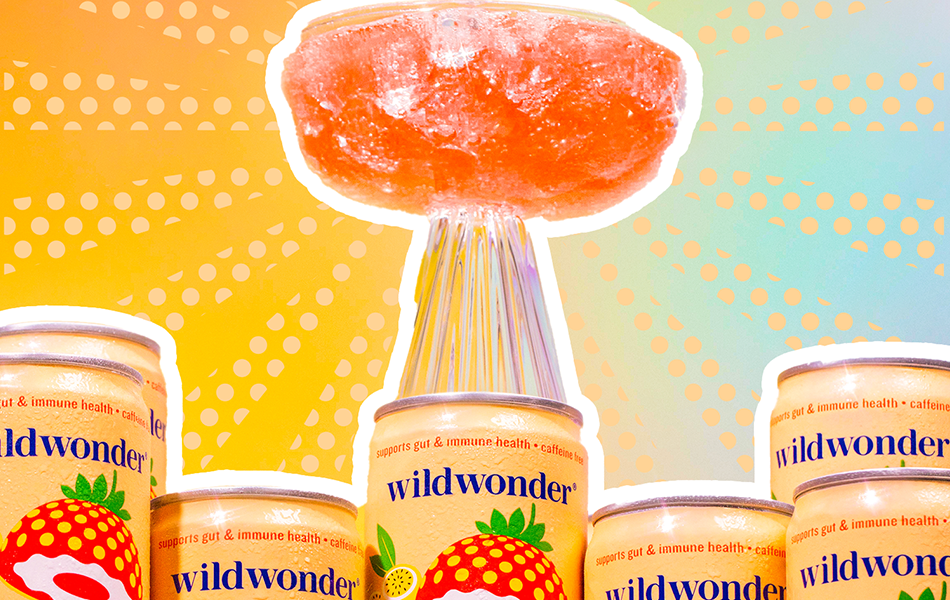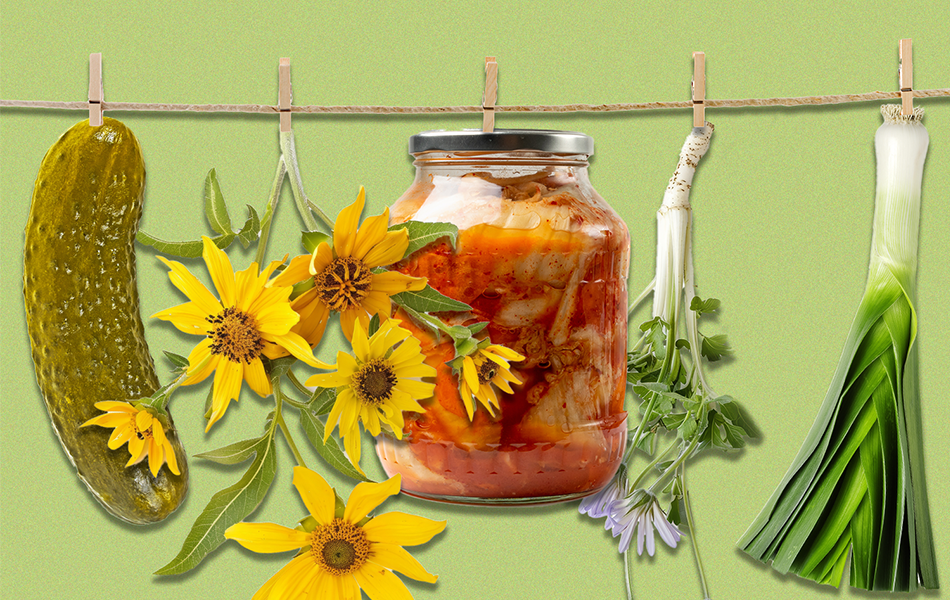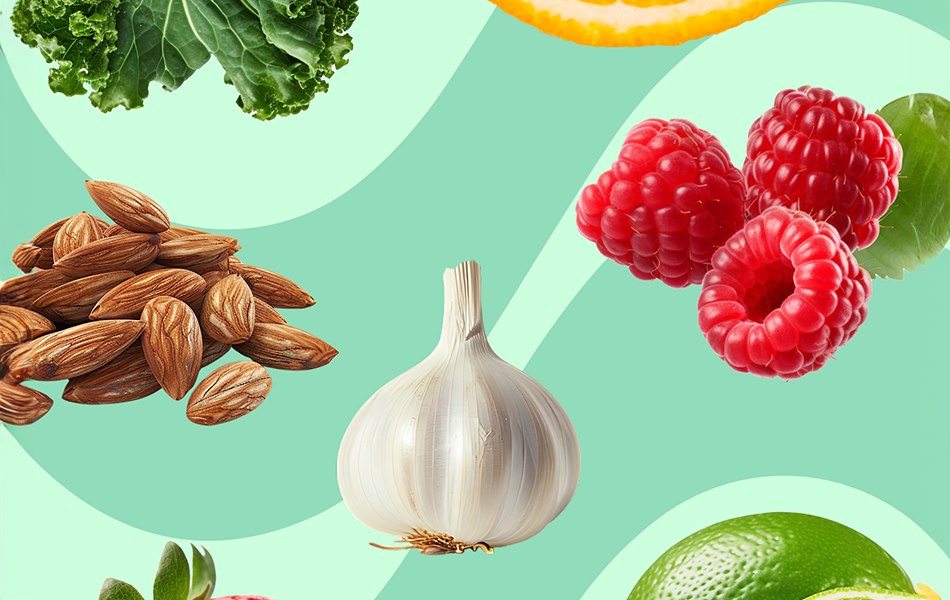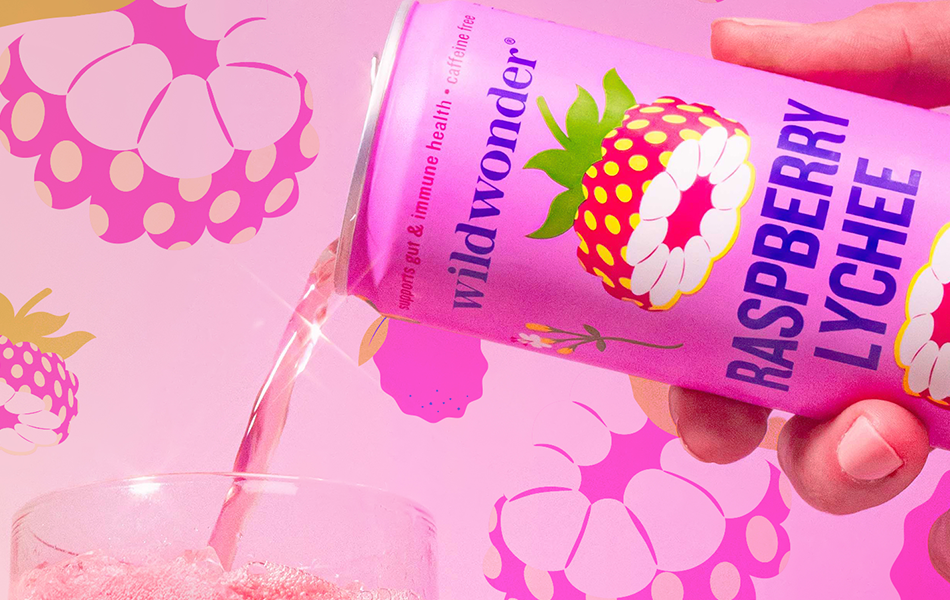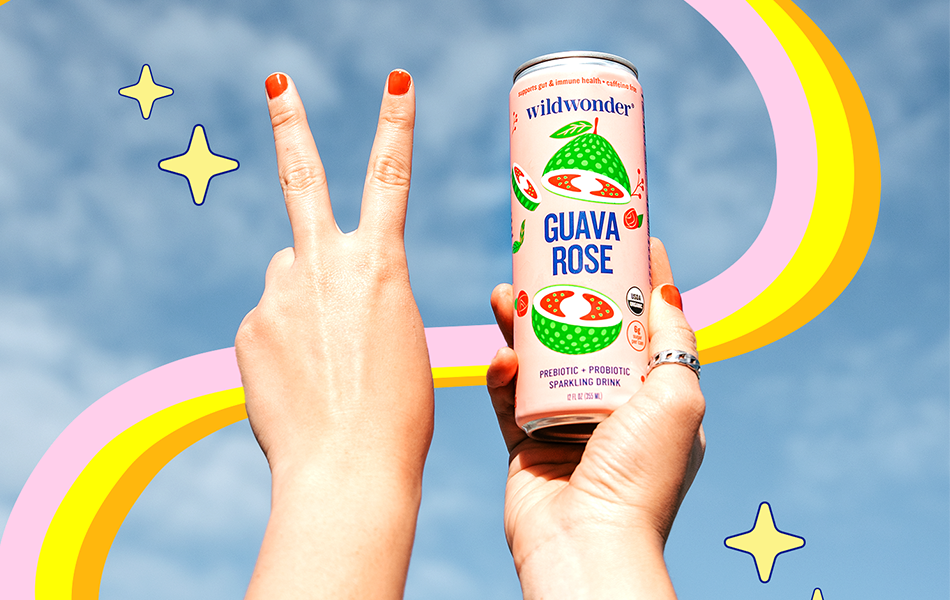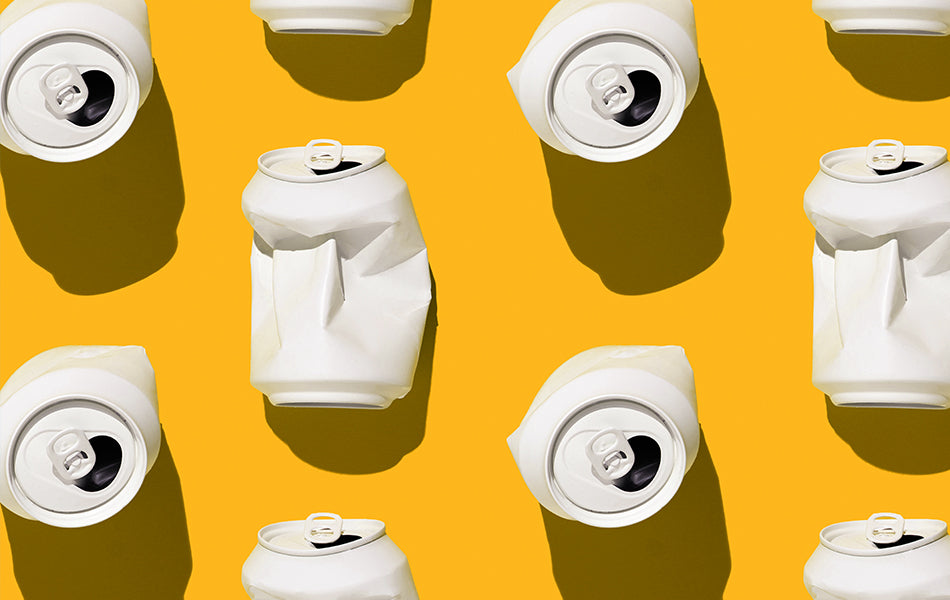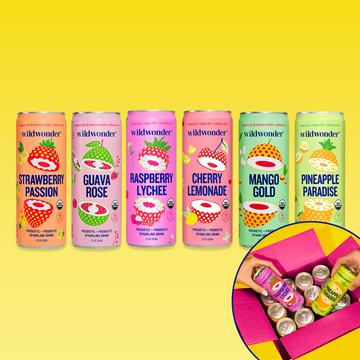Choosing the right natural sweetener can be a daunting task, especially for health-conscious people aiming to reduce sugar intake. Among the wide array of sugar substitutes available, two natural options often stand out—monk fruit and stevia. Both promise to deliver sweetness without the extra calories and blood sugar spikes associated with regular sugar. But which one is right for you? In this blog post, we’ll explore the ins and outs of monk fruit and stevia, comparing their origins, health benefits, culinary uses, and potential side effects.
Overview of Monk Fruit and Stevia
Historical Background
Monk fruit, also known as Luo Han Guo, has been used in traditional Chinese medicine for centuries. It was primarily grown by Buddhist monks in the 13th century, which is how it got its name. Stevia, derived from the stevia rebaudiana plant, was originally used by indigenous people in Paraguay and Brazil. Known as “sweet herb,” Stevia rebaudiana leaves have been cherished for their sweetness and medicinal properties for over 1,500 years.
Botanical Origins and Cultivation
Monk fruit is a small, green gourd that hails from Southern China. This fruit requires a subtropical climate to thrive. The cultivation process involves drying the fruit to create monk fruit extract, while stevia leaf extract is derived from the leaves of the stevia plant. Stevia is a plant species belonging to the chrysanthemum family. It grows naturally in South America but is now cultivated worldwide due to its popularity as a sugar alternative. Both plants are cultivated using sustainable practices, appealing to eco-conscious consumers.
Extraction and Processing
Monk fruit sweeteners are made by removing the seeds and skin from the fruit, crushing it, and extracting the sweet compounds known as mogrosides. These compounds are then concentrated into a liquid or powdered form. Stevia sweeteners are produced by harvesting and drying the leaves, then steeping them in hot water to extract the sweet glycosides, primarily stevioside and rebaudioside A. Both extraction processes ensure that the natural sweetness is retained without the need for added sugars.
Regulatory Status
In the United States, both monk fruit extract and stevia sweeteners have both been classified as Generally Recognized as Safe (GRAS) by the Food and Drug Administration (FDA). This means they are approved for use as sugar substitutes in food and beverages. Other countries, including Canada, Australia, and the European Union, have also deemed these natural sweeteners safe for consumption, making them widely accepted worldwide.
Health Considerations and Benefits
There are some health considerations and benefits to consider when choosing either of these natural sweeteners.
Impact on Blood Sugar and Insulin
One of the most significant benefits of both monk fruit and stevia, as non nutritive sweeteners, is their negligible impact on blood sugar levels. Monk fruit sweeteners contain zero calories and do not stimulate insulin secretion, making them ideal for individuals with diabetes or those managing their blood sugar levels. Similarly, stevia has been shown to have little to no effect on blood glucose and insulin, making it a suitable option for low-carb diets and diets that support those with diabetes, prediabetes, PCOS, or other conditions that require blood glucose management.
Caloric Content and Weight Management
Both monk fruit and stevia are calorie-free, providing sweetness withoutcontributing to weight gain. This makes them excellent choices for those looking to manage their weight or reduce overall calorie intake. By substituting sugar with these natural sweeteners, individuals can enjoy their favorite treats without the extra calories, aiding in maintaining a healthy weight balance.
Antioxidant Activity and Other Health Benefits
Monk fruit is rich in antioxidants, particularly mogrosides, which have been shown to have anti-inflammatory and anti-cancer properties. These antioxidants help neutralize free radicals in the body, reducing oxidative stress and promoting overall health. Stevia, while not as high in antioxidants as monk fruit, still offers potential health benefits, such as antibacterial and antifungal properties. Both sweeteners provide more than just sweetness, contributing to a well-rounded approach to health.
Culinary Uses and Taste Profiles
Compatibility with Cooking and Baking
Monk fruit sweeteners are stable at high temperatures, making them suitable for cooking and baking. They can be used in a variety of recipes, from cakes and cookies to sauces and marinades. Stevia is also heat-stable and can be used in both hot and cold preparations. However, due to its potent sweetness, it may require adjustments to recipes, especially in baked goods where sugar contributes to texture.
Taste and Flavor Comparison
Monk fruit sweeteners are often praised for their clean, sweet taste without a lingering aftertaste, providing a taste profile similar to that of regular table sugar. They provide a taste profile similar to that of sugar, making them a popular choice among those looking for a sugar-like experience. Stevia, on the other hand, has a distinct taste that can be bitter to some. This aftertaste varies depending on the brand and concentration used, so experimentation may be necessary to find the right balance. Both are sweet, which is a fantastic feature for those with a sweet tooth.
Sweetness Level and Measurement
Monk fruit sweeteners are approximately 150-200 times sweeter than table sugar, requiring only a small amount to achieve the desired sweetness. Stevia is even sweeter, ranging from 200-300 times sweeter than table sugar.
Comparing Side Effects and Concerns
Gastrointestinal Effects and Allergies
Both monk fruit and stevia are generally well-tolerated, with minimal reported side effects. However, some individuals may experience gastrointestinal discomfort when consuming large amounts of stevia. Monk fruit is less likely to cause digestive issues, making it a safer choice for those with sensitive stomachs. Allergic reactions to either sweetener are rare but possible, so it's essential to monitor any adverse effects when first introducing them into your diet.
Comparative Analysis of Side Effects
Compared to artificial sweeteners, both monk fruit and stevia have fewer reported side effects, making them attractive options for those seeking natural alternatives. Artificial sweeteners like aspartame have been associated with headaches and digestive issues in some individuals. In contrast, monk fruit and stevia offer a relatively worry-free experience, with their natural origins appealing to health-conscious consumers.
Presence in Other Products and Additives
Monk fruit and stevia are commonly found in various products, from beverages and snacks to supplements and personal care items. Many manufacturers incorporate these natural sweeteners into their offerings to cater to the growing demand for healthier alternatives. It's essential to read labels carefully, as some products may contain added sugars or artificial sweeteners alongside monk fruit or stevia, potentially diminishing their health benefits.
Cost and Availability
When it comes to cost and availability, monk fruit and stevia sweeteners present different scenarios influenced by their cultivation, extraction processes, and market demand.
Market Trends and Consumer Preferences
The market for natural sweeteners like monk fruit and stevia is experiencing significant growth, driven by a shift in consumer preferences towards healthier and more sustainable options. The demand for these natural sweeteners is expected to continue rising, with a projected growth rate of 10% per year. This trend is fueled by the increasing awareness of the potential health risks associated with artificial sweeteners and a growing preference for products with fewer and more natural ingredients.
Consumers are increasingly seeking out natural sweeteners as a healthier alternative to artificial sweeteners. This preference is driven by concerns over the potential health risks associated with artificial sweeteners and a desire for cleaner, more transparent labeling. As a result, both monk fruit and stevia sweeteners are becoming more popular, with consumers appreciating their health benefits and sweet taste.
In conclusion, while monk fruit sweeteners may be more expensive than stevia sweeteners, they offer a unique set of health benefits and a sweet taste that many consumers prefer. The market for natural sweeteners is expected to continue growing, driven by consumer preferences for healthier and more sustainable options. Whether you choose monk fruit or stevia, both provide excellent alternatives to traditional sugar and artificial sweeteners, catering to the needs of health-conscious individuals.
Wrapping Up Sweet Choices for the Health-Minded
When it comes to choosing between monk fruit and stevia, both are viable choices. However, monk fruit stands out for health-focused individuals looking for the best in natural sweeteners. Its negligible impact on blood sugar levels, zero-calorie profile, and versatility in culinary applications make monk fruit an exceptional alternative to traditional sugar and artificial sweeteners. Notably, monk fruit offers a clean taste that many prefer, alongside its potent antioxidant properties that promote overall well-being. While stevia provides potent sweetness with minimal impact on blood glucose, the aftertaste may turn some people off. For those who want a effervescent beverage sweetened with monk fruit, wildwonder is an option that is worth exploring. Bonus, wildwonder provides both pre and probiotics that support gut health, too.
Ultimately, the choice between these sweeteners depends on personal preferences and specific dietary needs. For those ready to explore the sweet possibilities, consider trying both to discover which aligns best with your taste and lifestyle. And remember, a balanced approach to sweetness is key to maintaining a healthy diet.
FAQs
Which tastes better, monk fruit or stevia?
The preference between monk fruit and stevia often comes down to individual taste. Monk fruit is praised for its clean, subtle sweetness without an aftertaste, making it appealing to many. Stevia, on the other hand, has a potent sweet flavor with a distinctive bitter aftertaste that some may find off-putting. Trying both is recommended to find which suits your palate best.
Are there any side effects associated with monk fruit or stevia?
Both monk fruit and stevia are generally considered safe for most individuals when consumed in moderate amounts. Monk fruit has not been associated with significant side effects, while stevia is usually well-tolerated, though some people may experience mild gastrointestinal discomfort. It's important to monitor how your body reacts, especially if you have specific health conditions or sensitivities.
How do monk fruit and stevia compare when used in coffee?
In coffee, monk fruit provides a smoother, more natural sweetness that blends well without overpowering the coffee's flavor profile. Conversely, stevia can add a sweet note but may introduce an aftertaste that can alter the overall taste experience. Personal preference plays a significant role, so trying each sweetener is advisable. Some report that stevia offers a slightly metallic taste.
What are the considerations for diabetics when choosing between monk fruit and stevia?
For people with diabetes seeking sweetener options, both monk fruit and stevia offer advantages as they do not significantly impact blood glucose levels. Monk fruit is low in calories and carbohydrates, while stevia is calorie-free. Consulting a healthcare professional is crucial for personalized advice to align with dietary needs.
What are the differences between monk fruit and stevia in baking applications?
In baking, monk fruit and stevia can transform recipes differently due to their sweetening properties and flavor profiles. Monk fruit provides a subtle sweetness that complements baked goods, whereas stevia offers a more intense sweetness that may require adjustments to recipes. Experimenting with both sweeteners can help you achieve the desired taste and texture for your baked creations.
Can monk fruit sweetener cause an increase in blood sugar levels?
Monk fruit sweetener is renowned for its negligible impact on blood sugar levels, making it a popular choice among those managing diabetes or blood sugar levels. It is a zero-calorie sweetener that does not cause spikes in blood glucose, offering a safe alternative for those looking to manage their sugar intake.
About the Author
 Meet Lauren Manaker, MS, RDN, LD, CLEC, CPT, wildwonder's new resident dietician. Lauren is a multiple award-winner, book author, and freelance writer. She acts as an expert resource for outlets that include EatThis.com, Well + Good, and MindBodyGreen, leaning on her ability to interpret the medical literature to benefit her readers.
Meet Lauren Manaker, MS, RDN, LD, CLEC, CPT, wildwonder's new resident dietician. Lauren is a multiple award-winner, book author, and freelance writer. She acts as an expert resource for outlets that include EatThis.com, Well + Good, and MindBodyGreen, leaning on her ability to interpret the medical literature to benefit her readers.
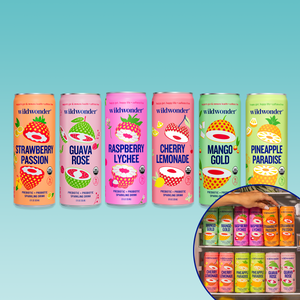 Shark Tank Bundle
Shark Tank Bundle
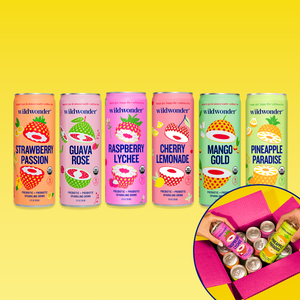 Classic Variety Pack
Classic Variety Pack
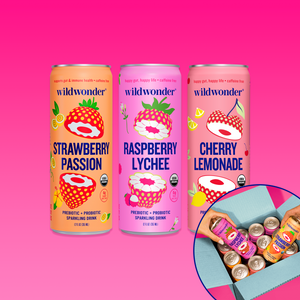 Very Berry Variety Pack
Very Berry Variety Pack
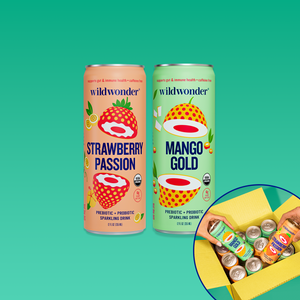 Rosa's Favorite Variety Pack
Rosa's Favorite Variety Pack
 Pink Pomelo Limeade
Pink Pomelo Limeade
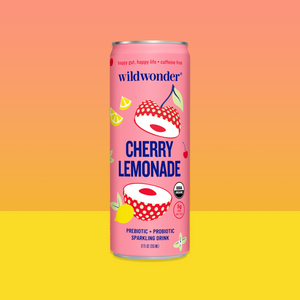 Cherry Lemonade
Cherry Lemonade
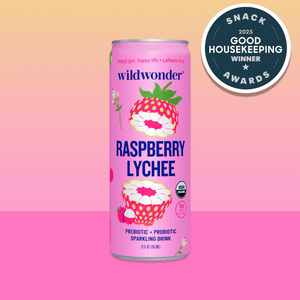 Raspberry Lychee
Raspberry Lychee
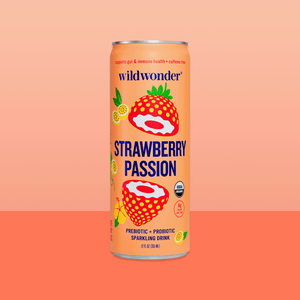 Strawberry Passion
Strawberry Passion
 Pineapple Paradise
Pineapple Paradise
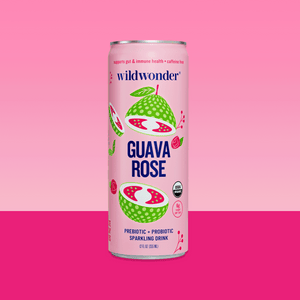 Guava Rose
Guava Rose
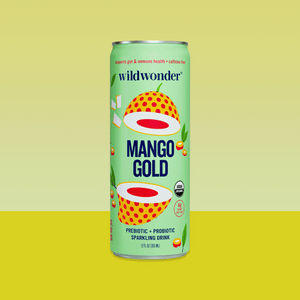 Mango Gold
Mango Gold
 WILD MAHJONG TILES
WILD MAHJONG TILES
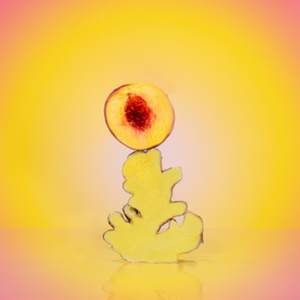 Blog
Blog
 Our story
Our story
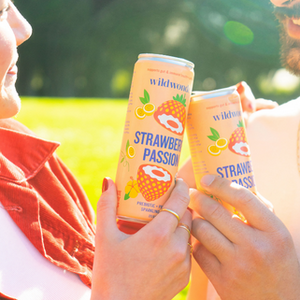 Impact
Impact
